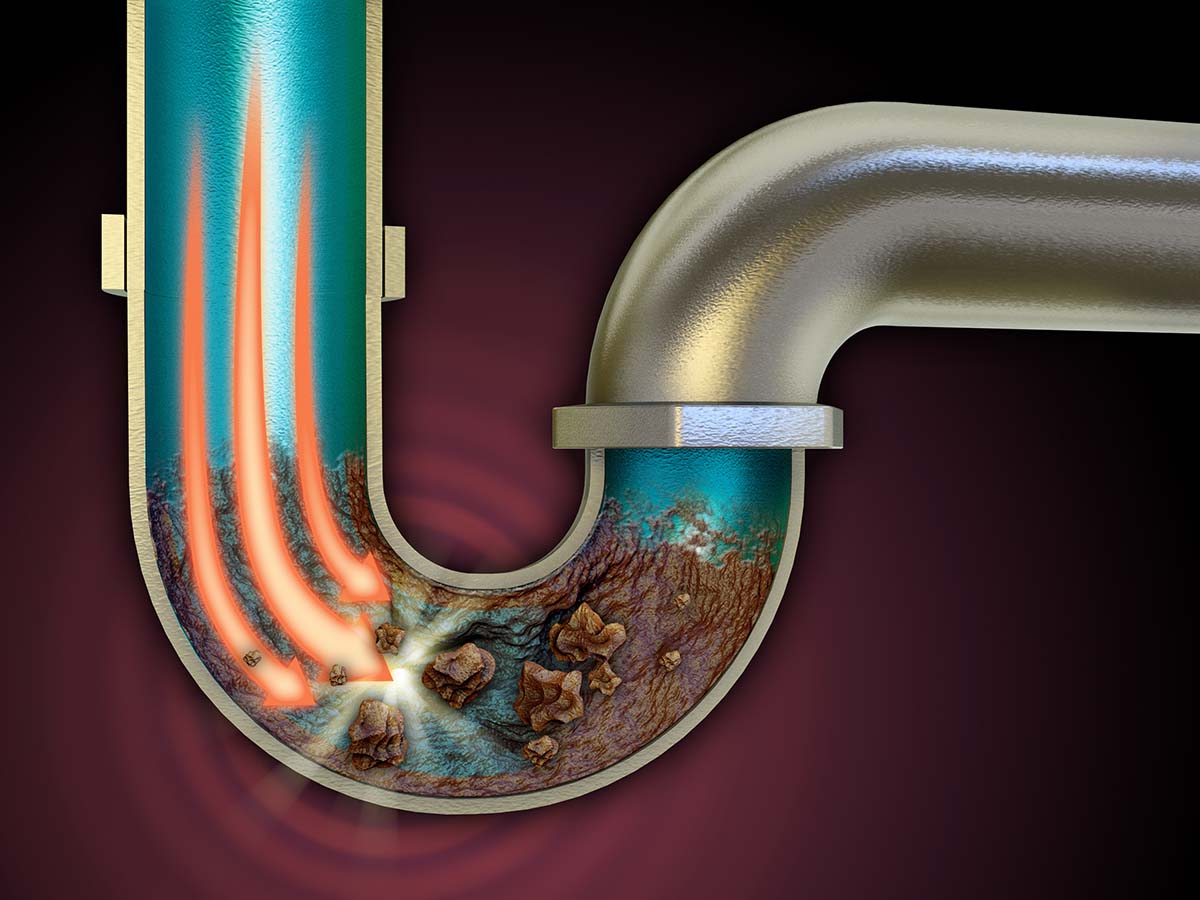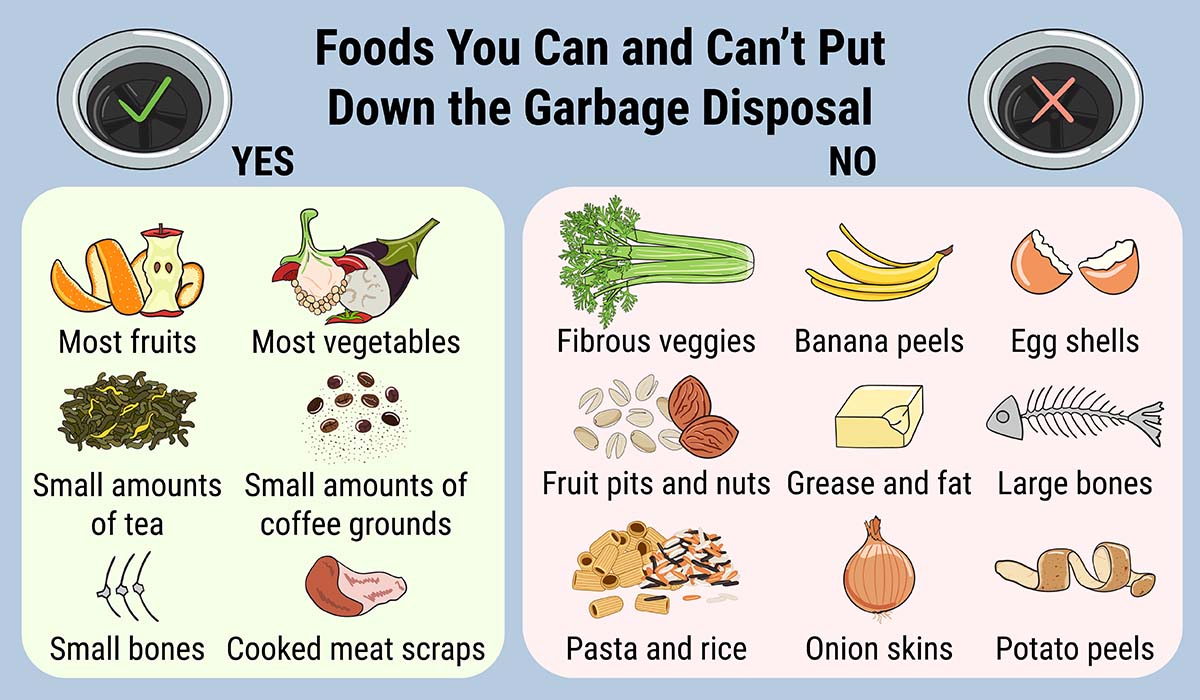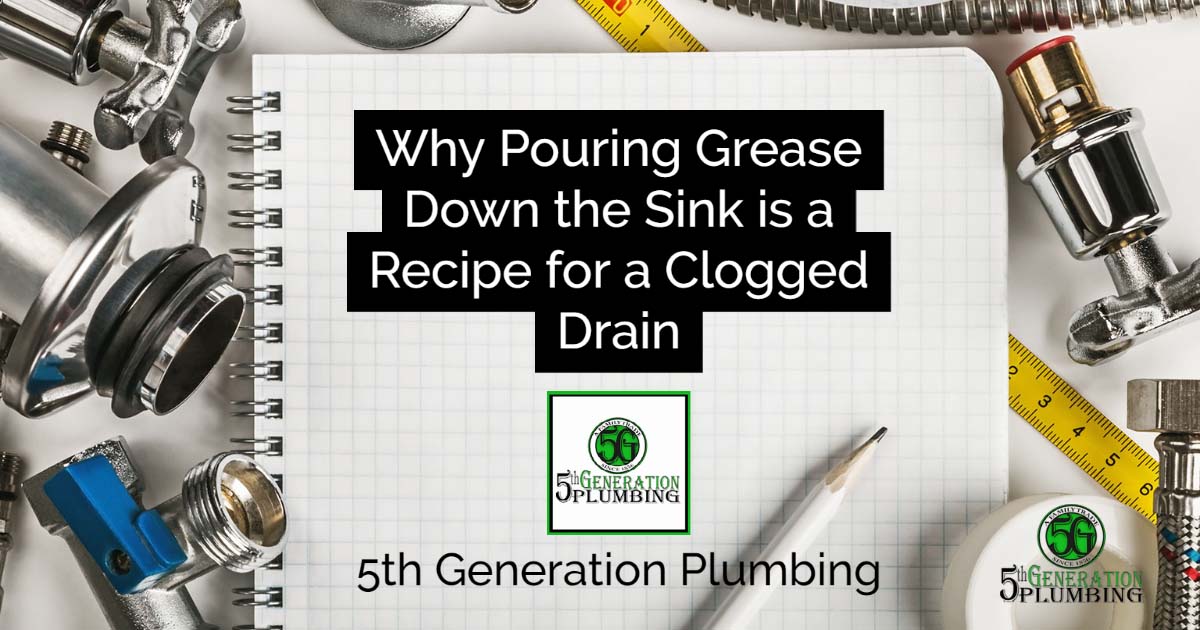Why Pouring Grease Down the Sink is a Recipe for a Clogged Drain
Are you guilty of pouring grease down the sink after cooking up a storm in the kitchen? Well, it’s time to break that habit! Pouring grease down the drain may seem convenient, but it could lead to disastrous consequences. From clogged drains to expensive plumbing repairs, this seemingly harmless act can cause more harm than good. In this blog post, we’ll explore why pouring grease down the sink is a recipe for disaster and what you can do instead to keep your pipes flowing smoothly. So buckle up and let’s dive into the world of plumbing pitfalls!

Introduction: The Danger of Pouring Grease Down the Sink
Pouring grease down the sink is a surefire way to clog your drain. Grease, fat, and oil can build up in your pipes, causing a blockage that can be difficult to remove. What’s more, pouring grease down the sink can also lead to sewer line backups and overflows.
If you have grease or oil that you need to dispose of, the best way to do it is to pour it into a container and then throw it in the trash. You should never pour grease down the sink!
What is Grease?
Pouring grease down the sink is a surefire way to clog your drain. Grease, or cooking oil, is a major cause of clogged pipes. When hot grease cools, it solidifies and can cling to your pipes, eventually causing a blockage. Even small amounts of grease can build up over time and lead to a clogged drain.
To avoid a clogged drain, never pour grease down the sink. Instead, dispose of it in the trash. If you do accidentally pour grease down the sink, run hot water for several minutes to melt any solidified grease and help flush it out of your pipes.
How Does Grease Clog Drains?
When the grease cools, it can solidify and cling to the sides of your drainpipe. As more grease accumulates, it forms a blockage that traps other food particles and waste. Eventually, this build-up restricts water flow, causing clogs and backups.
To prevent grease clogs, never pour grease down your drain or sink. Instead, scrape it into a can or container and throw it away.
Effects of Grease Buildup on Plumbing Systems
The main effect of grease buildup in plumbing systems is a clogged drain. When grease accumulates on the sides of pipes and in drains, it can eventually harden and create a blockage. This can cause water to back up in the pipes and lead to a clogged drain. Grease buildup can also cause sewer lines to become blocked. In some cases, this can lead to sewage backups and flooding.
Tips for Disposing of Grease Properly
If you have ever attempted to dispose of grease by pouring it down the drain, you know that it doesn’t work. The grease will congeal and stick to the sides of the pipes, eventually causing a clog and this will require drain cleaning from a proffessional plumber. So what is the best way to get rid of grease?
Here are some tips for disposing of grease properly:
- Let the grease cool before attempting to dispose of it. This will make it easier to handle and less likely to splatter.
- Pour the cooled grease into a container with a lid. A coffee can or empty milk jug works well for this.
- Tightly seal the lid on the container and throw it in the trash.
- Wipe up any residual grease with a paper towel before washing your hands.

Alternatives to Pouring Grease Down the Drain
If you have grease that you need to get rid of, there are some alternatives to pouring it down the drain. You can pour the grease into a container and then dispose of it in the trash. Another option is to pour the grease into a container and then let it solidify before disposing of it in the trash. These are both better options than pouring grease down the drain because they will not clog your pipes.
Conclusion
Pouring grease down your sink is a surefire way to create an expensive clogged drain. Grease can accumulate and harden over time, causing pipes to become blocked and preventing water from draining properly. To avoid costly repairs, it is essential that you dispose of cooking oils and greases in the proper manner, such as pouring them into a sealable container or taking them directly to the waste management center for proper disposal. Remember: prevention is always better than cure!
















